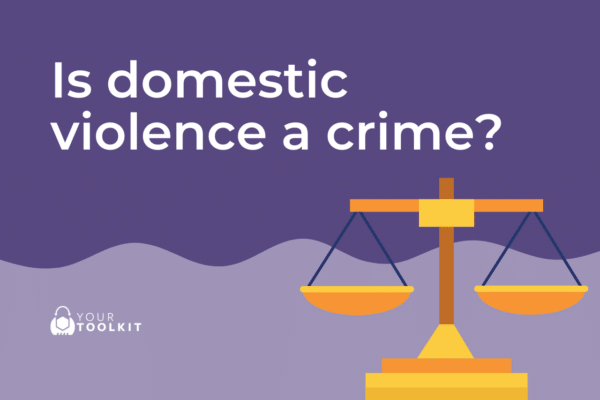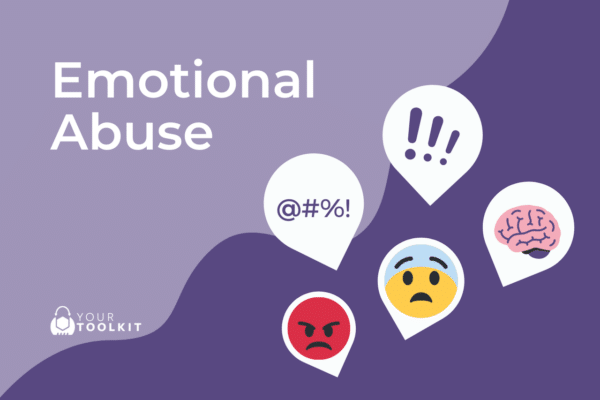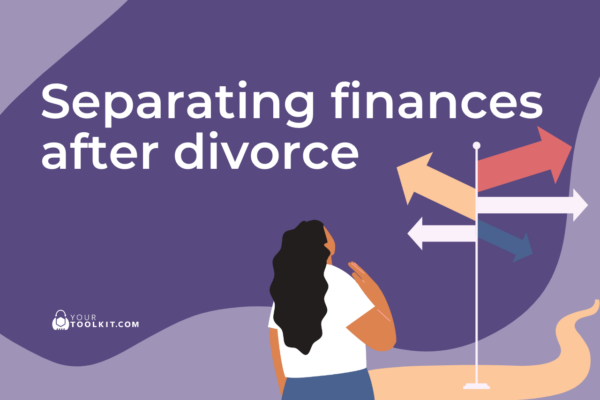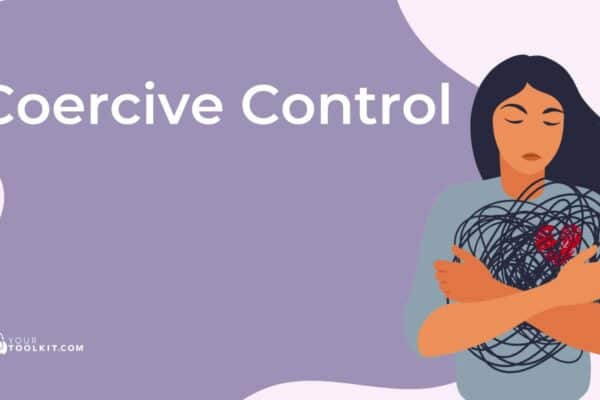Understanding your legal rights throughout family and domestic violence can help you protect yourself and your property. Contact the below free legal services for advice:
1800RESPECT
A national helpline offering support, information, and referrals to legal services for family and domestic violence. Available 24/7.
Women’s Legal Services Australia (WLSA)
A national network of community legal centres that provide free legal advice and support to women experiencing family and domestic violence.
Family Violence Law Help
- An online resource offering easy-to-understand legal information and links to family violence legal services across Australia.
National Legal Aid
- Provides free legal services and advice, including representation in family law matters involving domestic violence. Each state and territory has its own legal aid services.
Aboriginal Family Legal Services (AFLS)
- Provides culturally appropriate legal advice and support for Aboriginal and Torres Strait Islander people affected by family violence.




